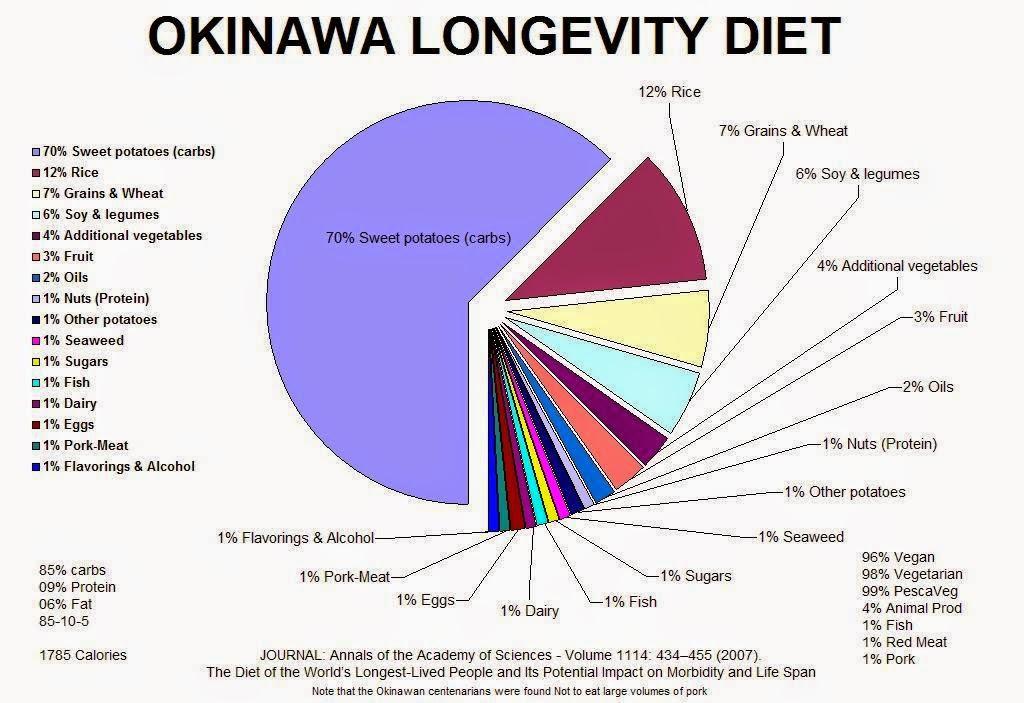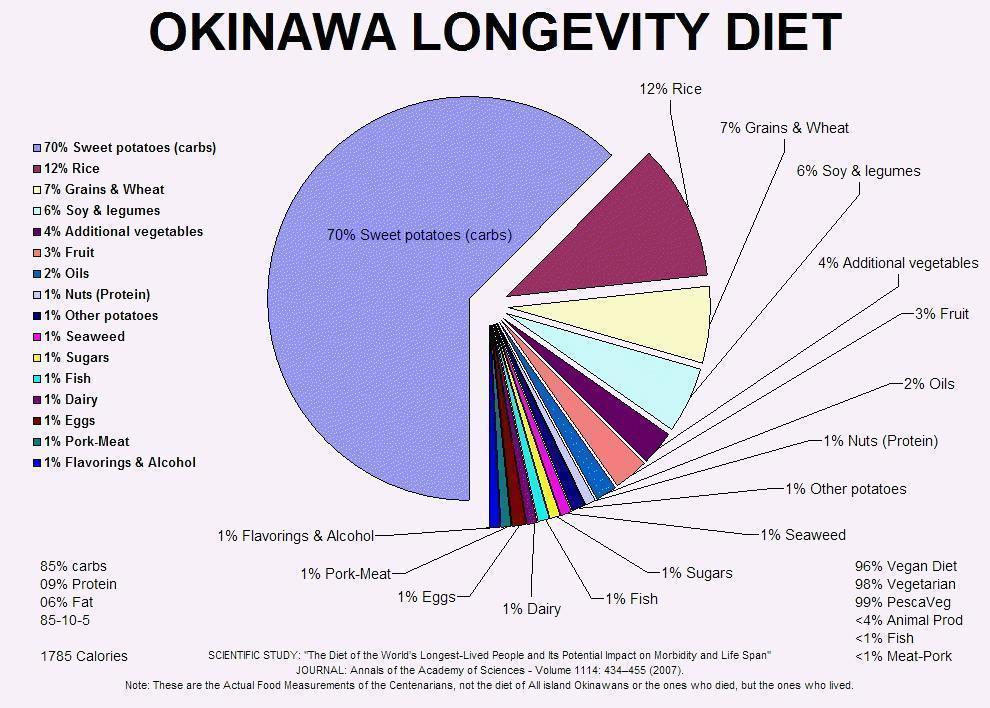Strongbad
Member
- Joined
- Feb 12, 2015
- Messages
- 291
I've been on fat free diet for 1 month now. I used to be 160lbs before Peating, then became 195lbs after Peating for a while. Then today I'm 189lbs so I lost 6lbs within a month. Not bad.
I'm adopting hybrid Peat + Asian diet, meaning that I eat almost no fat, only 2g to 4g MAX daily. That's what traditional Asian diet is like: high carb, medium diet, very low to no fat. I really like how they turn out:
Asians age very well, stay slim even when they're old, most older Asian men keep their hair. Apply their carb-protein-fat composition with Ray Peat food and we found a winner :)
I'm going to go fat-free for at least 6 months, then start adding a little bit of saturated fat back into mix, but even then it'll be very low, like 2g-3g daily.
BTW, fat-free is not restricting calorie. I still eat until I'm full, but I'm not going to overeat. Just eat enough, like Japanese do. Not too much, not to little.
Asian Americans, though, are fatter and age faster in comparison and can't avoid baldness. Too much fat, PUFA or SFA
I'm adopting hybrid Peat + Asian diet, meaning that I eat almost no fat, only 2g to 4g MAX daily. That's what traditional Asian diet is like: high carb, medium diet, very low to no fat. I really like how they turn out:
Asians age very well, stay slim even when they're old, most older Asian men keep their hair. Apply their carb-protein-fat composition with Ray Peat food and we found a winner :)
I'm going to go fat-free for at least 6 months, then start adding a little bit of saturated fat back into mix, but even then it'll be very low, like 2g-3g daily.
BTW, fat-free is not restricting calorie. I still eat until I'm full, but I'm not going to overeat. Just eat enough, like Japanese do. Not too much, not to little.
Asian Americans, though, are fatter and age faster in comparison and can't avoid baldness. Too much fat, PUFA or SFA


